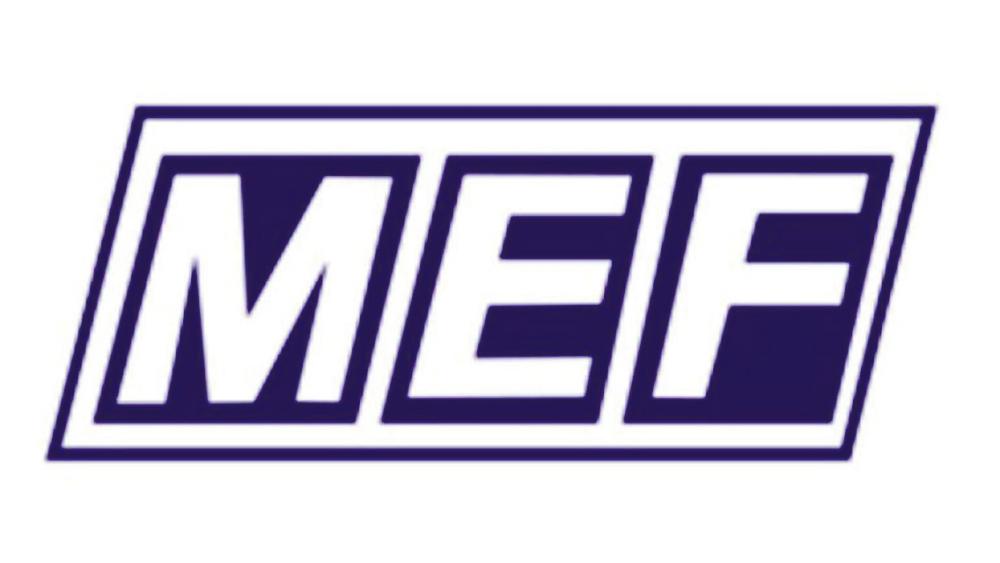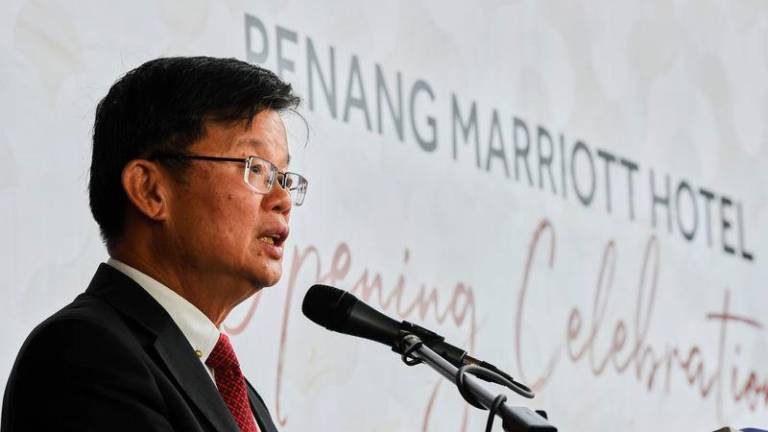PETALING JAYA: Malaysian Employers Federation (MEF) president Datuk Dr. Syed Hussain Syed Husman today came out in full support of Higher Education Minister Datuk Seri Mohamed Khaled Nordin’s recent statement that vocational colleges are important pillars in the development of good talents and manpower for nation building
The minister said that polytechnics and community colleges are not “second chance” institutions but rather they move in tandem with the other higher learning institutions in the country and TVET is part and parcel of the country’s higher education landscape and as such polytechnics and community colleges need to be treated with the same regard by both public and private universities.
To this, Syed Hussain said, “MEF fully agrees with the minister on the importance of TVET as an alternative to academic education. Currently, the percentage of skilled workers is still at about 29% and is still well below the ideal level of above 50% as achieved by most of the developed nations. As the country is moving towards mechanisation, automation and digitalisation the country needs a stronger technical labour to execute the growth and developments plans.”
He added many younger population started to shift their preferences to prefer Skills education and TVET and this fit well with most of the businesses that aspire to embrace and implement IR 4.0.
“In the technical industry and electronic industry, the shortage is really at the Middle level. TVET should be main streamed to get better buy in from the parents. The diplomas and degrees conferred to TVET graduates should be fully recognised by government and the industries, said Syed Hussain, adding that MEF believes that right skills and industry exposure will create better value for the TVET graduates.
He said MEF and its members are prepared to support internship Industrial training programmes and hopes that the government will also give some forms of incentives to employers who are active in providing Industrial training to the students.
“The prevailing bureaucratic red tapes for employers to avail themselves to the tax incentives for providing internship places should be done away. By doing so more MSMEs will be encouraged and attracted to provide internship places to the students requiring industrial training. At the same time MEF believes that the Academic staff should do more sabbatical leave training in the industries to further improve their knowledge and have first-hand information of the latest developments in industries and further understand the need of industries. Only then can the education be made more relevant and responsive to the needs of the labour market,” he added.
Syed Hussain pointed out that the current TVET education system is bogged down by the multiple, overlapping mandates and jurisdictions of ministries and agencies involved in provision of TVET, and put a lot of constraints on smooth functioning of the system. The accreditation of programmes is placed under two separate entities and always been seen as confusing by private sector employers.
He said there is a need for closer cooperation between TVET providers and industry so that the graduates are fully work ready upon graduation and there is no need for further training and retraining before the TVET graduates fully contribute to the growth of the companies employing them.
He added to enable TVET to produce ready-to-work graduates and also future proofing the skills of TVET graduates, there is real need for industry to be actively engaged to develop curriculum and delivery and involved in its evaluation.
“TVET has thus far been negatively perceived by the parents who by and large prefer academic pathways. There is an urgent need to mainstream TVET and works on its rebranding to make it the first choice of education among parents,” said Syed Hussain.










